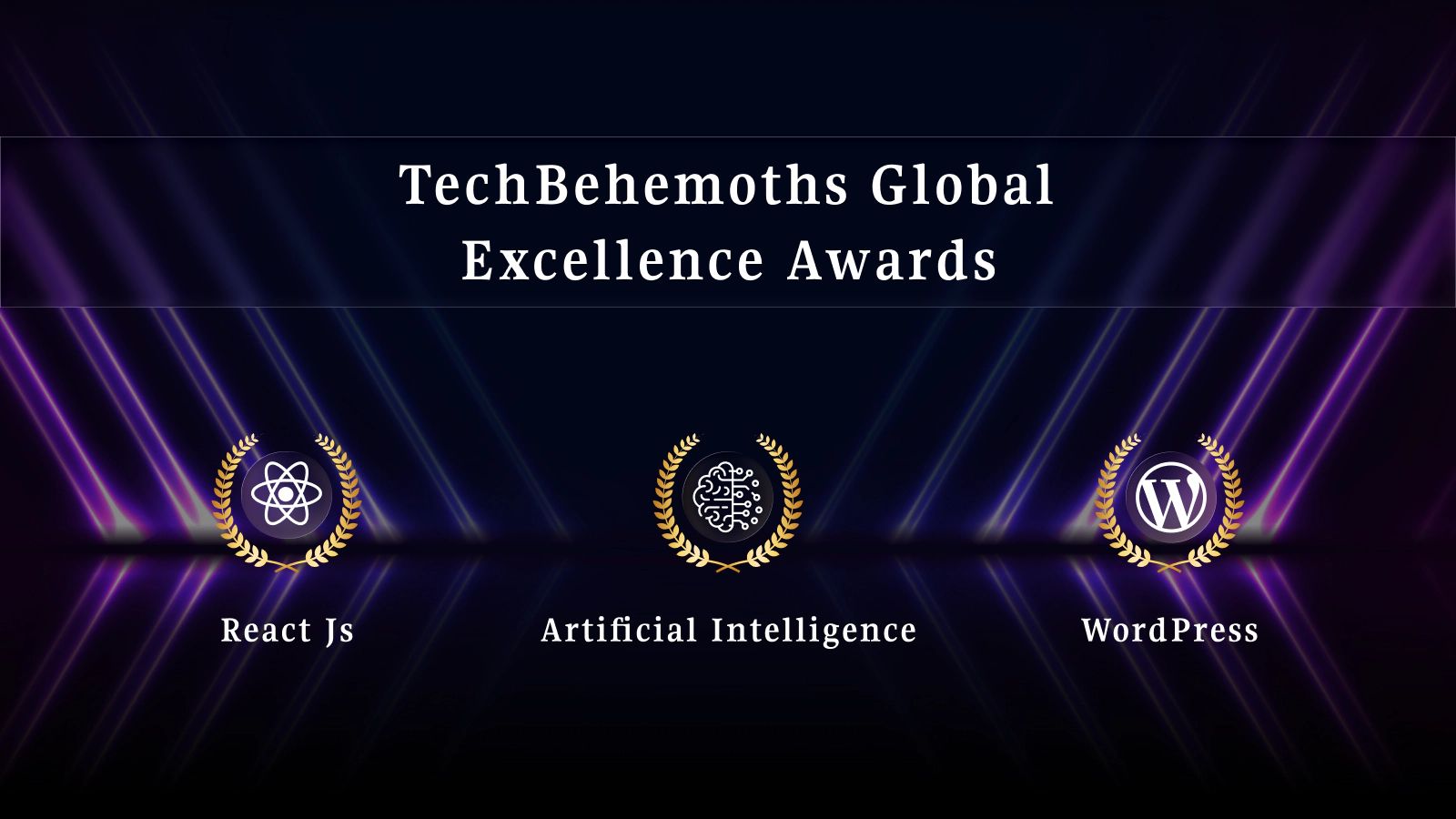Generative Ai in Healthcare Systems and Patient Care
The Rise of AI in Healthcare
The rise of AI in healthcare is accelerating. The global market for AI healthcare technology was valued at USD 26.57 billion in 2024, and it is projected to hit USD 187.69 billion by 2030 as the market grows at a 38.62 percent CAGR. Another trusted source places the market at USD 29.01 billion in 2024, with a projected leap to USD 504.17 billion by 2032, growing at a 44 percent CAGR.
This growth isn’t just about market size it signals a shift in how healthcare systems are preparing for a future where AI is embedded in every aspect of care delivery. And one of the most transformative branches of this movement is generative AI.
What Is Generative AI—And Why It’s Having an Impact
In simple terms, generative AI refers to AI models that create original content—from text to images to structured data. In the realm of generative AI and healthcare, these models can write clinical summaries, simulate imaging scenarios, and even draft tailored treatment plans. Combining semantically related terms like AI innovations in healthcare and generative AI healthcare use cases builds topical authority.
Understanding what generative AI is sets the stage for the bigger question: how is it actively shaping the healthcare experience for both patients and providers?
How Generative AI is Shaping Healthcare and the Patient Experience
Generative AI is no longer a side project in the healthcare ecosystem—it’s becoming a core driver of patient experience, medical research, and operational efficiency. From diagnosis to prevention, here’s how it’s transforming care delivery.
1. Personalized Patient Journeys
By synthesizing medical history, wearable device data, and lifestyle patterns, generative AI can create custom care summaries that break down diagnoses in plain language. It can also design adaptive recovery plans that adjust in real time based on a patient’s progress, and offer 24/7 multilingual assistance to remove communication barriers. The result? Higher comprehension, stronger adherence, and better patient satisfaction scores.
2. Faster Drug Discovery and Clinical Trials
Generative AI reduces drug development timelines from years to months by generating and testing molecular structures in silico before they reach the lab. In one case, a generative AI-designed drug advanced from concept to Phase I trials in under 18 months. In clinical trials, AI generates synthetic patient data to fill gaps, uses adaptive trial designs for speed, and automates regulatory documentation—bringing treatments to market faster.
3. Proactive and Preventive Care
Beyond treating illness, AI is shifting healthcare toward prevention. By analyzing EHR data, imaging, and lifestyle inputs, it can forecast cardiac risks years in advance or simulate disease progression to recommend targeted lifestyle changes. Harvard research shows such preventive AI could cut chronic disease costs by up to 15 percent annually.
4. Trust, Ethics, and Responsible AI
Adoption at scale depends on patient trust. Hospitals are introducing explainable AI tools so both patients and clinicians can see the reasoning behind recommendations, running bias audits to ensure fair outcomes, and using human-AI hybrid models that position AI as a supportive partner rather than a replacement. Ethical deployment isn’t optional—it’s a strategic advantage.
The impact of generative AI is clear, but numbers bring even greater clarity. Let’s explore the measurable benefits AI has already delivered in healthcare.
Data-Driven Benefits of Artificial Intelligence in Healthcare
- According to the Federal Reserve, 43.9 percent of metro hospitals in the U.S. use some form of AI in operations.
- A Deloitte outlook report shows that 80 percent of hospitals now use AI to enhance patient care and workflow efficiency.
- Hospitals in New Jersey lead with 48.94 percent AI adoption, while New Mexico reports 0 percent.
- In 2024, 66 percent of physicians used health AI—a leap from 38 percent in 2023
- Hospitals using AI saw strong returns: an average ROI of $3.20 for every $1 invested, with payback in just about 14 months.
These numbers demonstrate the scale of transformation. But beyond statistics, real-world use cases show exactly how AI is changing the way hospitals operate.
Generative AI Healthcare Use Cases
These are some of the real-world generative AI for healthcare applications that deliver the benefits of Artificial Intelligence in healthcare:
- AI Medical Scribes: Automating documentation drafts to ease clinician burnout. In the UK’s largest rollout, 4 out of 5 GPs using the tool said it saved them time and improved patient rapport.
- Predictive Outcomes: A large U.S. hospital network deployed machine learning models predicting 24- to 48-hour discharges and ICU transfers. Out-of-sample AUC scores ranged from 75.7 percent to 92.5 percent. The results: up to 28.7 percent more discharges, fewer readmissions, and a 0.67-day shorter average length of stay, equating to $55–72 million in annual savings.
- Tracking and Safety: A Georgia health system equipped 10,000 employees with real-time location badges. It improved response times to workplace threats, automatically logged routine tasks and even displayed staff names when entering patient rooms, boosting both safety and patient comfort.
- AI Nurses and Pushback: AI assistants, like “Ana” from Hippocratic AI, now handle routine patient outreach 24/7. But unions raise concerns about false alarms and deskilling human experts.
Read Out More About: Generative AI vs. Traditional AI
Human–AI Synergy: The Future of Precision Healthcare
AI in healthcare is powerful, but its true potential emerges when paired with human expertise. A collaborative model—where clinicians and AI systems work in tandem—can make care more accurate, efficient, and patient-centric.
Enhanced Diagnostic Accuracy
AI can flag anomalies in medical imaging with speed and precision, but human specialists interpret these results in the context of patient history, lifestyle, and nuanced symptoms. This pairing reduces false positives, increases early detection rates, and ensures diagnoses are not purely data-driven but also clinically sound.
Streamlined Clinical Workflows
Automated AI systems can pre-populate medical records, schedule follow-ups, and prioritize urgent cases. Human oversight ensures exceptions and unique patient needs are addressed, preventing blind spots in automated workflows. This balance speeds up care delivery without sacrificing personalization.
Adaptive Treatment Plans
Generative AI can draft highly tailored treatment plans based on global best practices and emerging research. Physicians can then adjust these plans to fit the patient’s specific condition, comorbidities, and personal preferences—delivering a balance of evidence-based care and individualization.
Real-Time Decision Support
In high-pressure scenarios such as emergency care, AI can provide predictive risk scores or suggest intervention paths within seconds. Human judgment determines feasibility, ethical implications, and resource allocation, ensuring that decisions are both swift and contextually correct.
Continuous Learning and Feedback Loops
AI models improve with more data, but that data must be validated for accuracy and relevance. Clinicians provide feedback on AI recommendations, helping fine-tune algorithms while also staying informed on the latest AI-driven insights. This creates a continuous cycle of mutual improvement.
Elevated Patient Trust
While AI speeds up diagnostics and treatment, patients often need the reassurance of a human explaining results and next steps. Combining AI-enabled insights with compassionate human communication fosters trust and adherence to treatment plans.
Conclusion
Generative AI in Healthcare is more than a trend. It is remaking diagnostics, streamlining workflows, and enriching patient narratives. The benefits of Artificial Intelligence in healthcare are intense: speed, precision, and real savings. The rise of AI in healthcare is no mystery -just look at the numbers. From generative AI healthcare use cases to AI innovations in healthcare, your strategy is clear: embrace this tech with purpose and professionalism.
FAQS
1. What are the main benefits of Artificial Intelligence in healthcare?
Artificial Intelligence in healthcare improves diagnostic accuracy, speeds up administrative workflows, enhances patient engagement, enables preventive care strategies, and reduces operational costs. It also supports faster drug discovery and optimizes clinical decision-making.
2. How is the rise of AI in healthcare changing the industry?
The rise of AI in healthcare is driving innovation in diagnostics, patient monitoring, and treatment planning. It allows hospitals to improve efficiency, expand access to care, and offer personalized treatment options while also cutting costs and improving patient outcomes.
3. What is generative AI and how is it used in healthcare?
Generative AI refers to advanced AI models that can create new content such as clinical summaries, treatment recommendations, and synthetic medical data. In healthcare, it is used for medical imaging analysis, documentation automation, predictive patient care, and personalized treatment planning.
4. How does generative AI improve patient experience in healthcare?
Generative AI personalizes care plans, simplifies medical explanations, offers multilingual support, and provides round-the-clock assistance. It helps patients understand their conditions better and improves adherence to treatment.
5. What are some real-world generative AI healthcare use cases?
Examples include AI medical scribes for documentation, predictive outcome models for hospital discharges, AI-powered location tracking for safety, and AI virtual nurses for patient outreach. These applications increase efficiency and improve patient care.
6. Can a combination of humans and AI make healthcare more accurate?
Yes. Human and AI synergy combines the speed and data analysis capabilities of AI with the contextual understanding and empathy of human clinicians. This results in more accurate diagnoses, better treatment customization, and improved patient trust.
7. Is AI in healthcare cost-effective?
Yes. Studies show hospitals using AI see strong returns. Some report an average ROI of $3.20 for every $1 invested, with payback periods as short as 14 months. AI-driven efficiencies also reduce long-term operational costs.
8. What are the ethical considerations when using AI in healthcare?
Ethical AI in healthcare involves transparency, bias mitigation, and data privacy protection. Hospitals are adopting explainable AI systems, running fairness audits, and ensuring that AI supports human expertise instead of replacing it.









